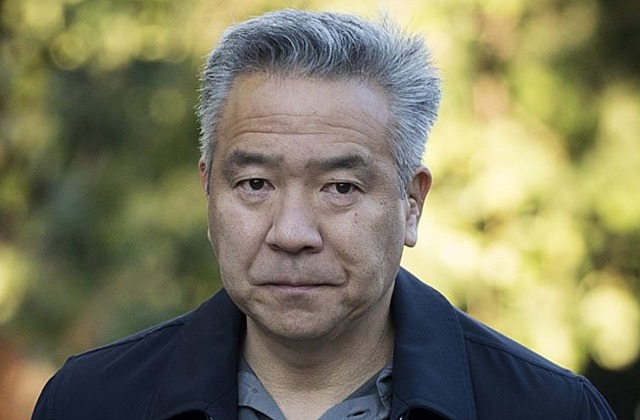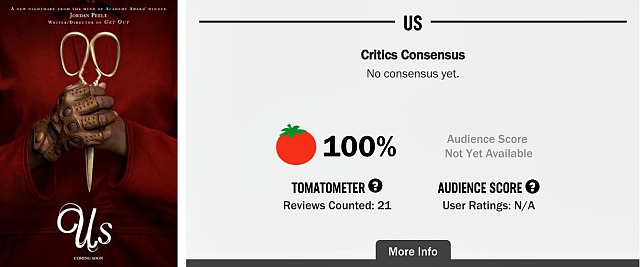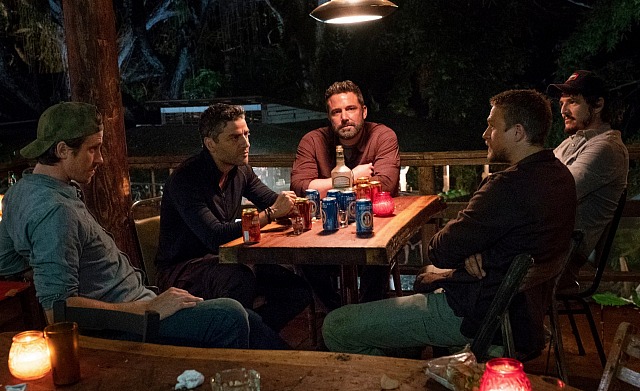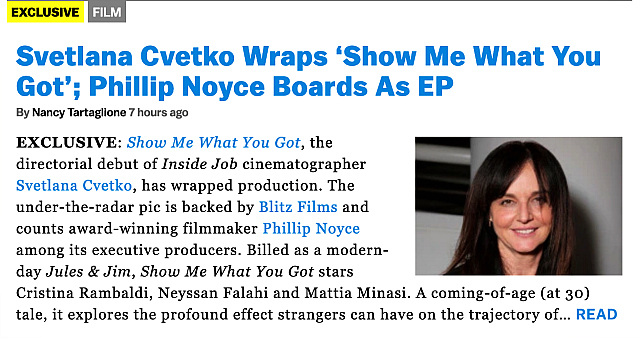Early Friday morning “embattled” Warner Bros. CEO Kevin Tsujihara sent a letter of apology to WB staffers about the Charlotte Kirk thing, which has prompted everyone in town to yawn and shrug their shoulders.
The Hollywood Reporter‘s Kim Masters and Tatiana Siegel reported this tale of sexual intrigue and resentment on 3.6.
If I was Tsujihara’s speechwriter and he’d asked me to rough out a statement that explains this mess, here’s how I’d put it:

Warner Bros, CEO Kevin Tsujihara.
Warner Bros. friends and colleagues,
By now, you’ve read that irksome Hollywood Reporter hit piece. You’re therefore aware that I’ve behaved in a somewhat embarassing manner, albeit not unlike each and every studio head and hotshot producer who has ever worked in this town, going back to the days of Jesse L. Lasky and Samuel Goldfish.
Please understand that I’m not proud of this — the applicable terms are actually “furious” and “mortified”. But you also presumably know, being adults, that hotshot executives like myself enjoy succumbing to certain behaviors during our all-too-brief periods of privacy. Because we have the money to throw around, because it’s easy to get away with stuff, because guys like myself are generally insulated from touchy consequences.
As long as we’re not being cruel or committing felonies or dancing naked before bonfires while wearing animal-head masks or, God forbid, being shadowed by our significant others, most Hollywood executives like to do what they like to do in the company of trusted friends and colleagues. Right? We’re all familiar with this syndrome or attitude. It’s called “kicking loose”, “letting our hair down”, “setting free the libertine.”
Presumably other Warner Bros. employees besides myself have sampled said behaviors.
The concept of privacy used to have some currency in our culture. Once upon a time journalists actually believed that persons like myself were entitled to sample forbidden fruit in their off hours — to behave in technically “sinful” but harmless ways, to cavort like less-than-perfect human beings, to play around like JFK did in the early ’60s, or like Roy Scheider‘s “Joe Gideon” did in All That Jazz. Those were the days!
I deeply regret having brought pain and embarrassment to the people I love the most, yes, but mostly I regret having been busted and publicly shamed by Kim Masters and Tatiana Siegel. What did I do, really, that was so terrible? I catted around with a pretty English actress, knowing full well I’d probably have to reciprocate with some casting favors. And so what? This kind of thing happens all the time.
Read more







